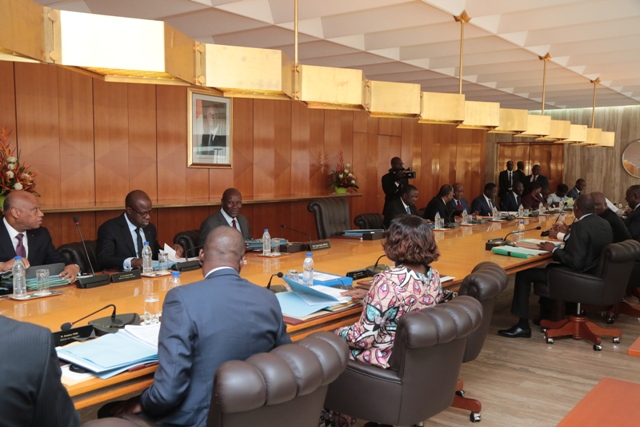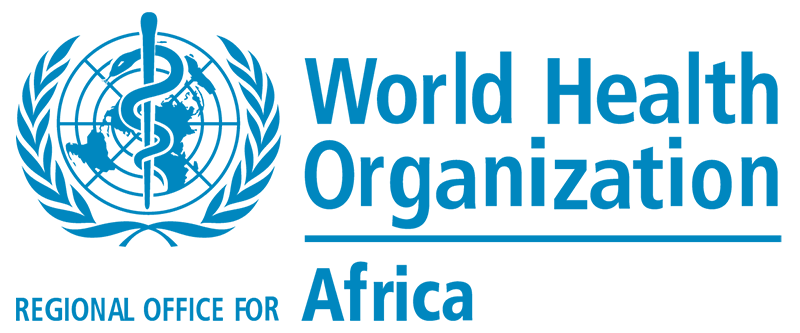Translation Google
03-05-2017 HEALTH / SPORT
DISCOVERING A CASE OF DENGUE IN THE COCODY-BINGERVILLE HEALTH DISTRICT: GOVERNMENT TAKES MEASURES TO AVOID PROPAGATION OF DISEASE
Government spokesman Bruno Kon? announced on Wednesday (May 3rd) the discovery of a case of dengue type 3 in the health district of Cocody-Bingerville on 28 April 2017 as confirmed by the Pasteur Institute of C?te d ' Ivory. According to the Spokesperson of the Government of C?te d'Ivoire, who reported on the issues addressed in the Council of Ministers on Wednesday, the Council urgently instructed the Ministry of Health and Public Health and all ministers Concerned to take vigorous measures to prevent and combat the prevention and control of the transmission of the dengue virus.
According to him, active investigations of possible further infections were carried out between the date of the first infection and today, following the notification of this case in accordance with the protocols existing at the WHO. Thus, 17 new suspect cases were identified.
Pending the results the blood samples taken and sent to the Institut Pasteur for analysis, epidemiological and entomological investigations are continuing, assured the Minister of Communication, Digital Economy and Post.
In order to counter the spread of the vector-borne disease, the Government is planning a mosquito control of sites hosting breeding sites throughout the autonomous district of Abidjan, said the Spokesman of the Government.
"All neighborhoods will be traveled and the Government will proceed to mosquito control," said Kon?, adding that at this stage it is important "to inform the populations and at the same time to reassure them that things look good And that everything is done to prevent a spread of this disease in Abidjan and in the country ".
Dengue or "tropical flu" is a disease transmitted by the bite of a mosquito of the genus Aedes carrying one of the four dengue viruses. There is no direct transmission from person to person. The dengue virus is a flavivirus, such as West Nile virus and yellow fever.
03-05-2017 HEALTH / SPORT
DISCOVERING A CASE OF DENGUE IN THE COCODY-BINGERVILLE HEALTH DISTRICT: GOVERNMENT TAKES MEASURES TO AVOID PROPAGATION OF DISEASE
Government spokesman Bruno Kon? announced on Wednesday (May 3rd) the discovery of a case of dengue type 3 in the health district of Cocody-Bingerville on 28 April 2017 as confirmed by the Pasteur Institute of C?te d ' Ivory. According to the Spokesperson of the Government of C?te d'Ivoire, who reported on the issues addressed in the Council of Ministers on Wednesday, the Council urgently instructed the Ministry of Health and Public Health and all ministers Concerned to take vigorous measures to prevent and combat the prevention and control of the transmission of the dengue virus.
According to him, active investigations of possible further infections were carried out between the date of the first infection and today, following the notification of this case in accordance with the protocols existing at the WHO. Thus, 17 new suspect cases were identified.
Pending the results the blood samples taken and sent to the Institut Pasteur for analysis, epidemiological and entomological investigations are continuing, assured the Minister of Communication, Digital Economy and Post.
In order to counter the spread of the vector-borne disease, the Government is planning a mosquito control of sites hosting breeding sites throughout the autonomous district of Abidjan, said the Spokesman of the Government.
"All neighborhoods will be traveled and the Government will proceed to mosquito control," said Kon?, adding that at this stage it is important "to inform the populations and at the same time to reassure them that things look good And that everything is done to prevent a spread of this disease in Abidjan and in the country ".
Dengue or "tropical flu" is a disease transmitted by the bite of a mosquito of the genus Aedes carrying one of the four dengue viruses. There is no direct transmission from person to person. The dengue virus is a flavivirus, such as West Nile virus and yellow fever.


Comment